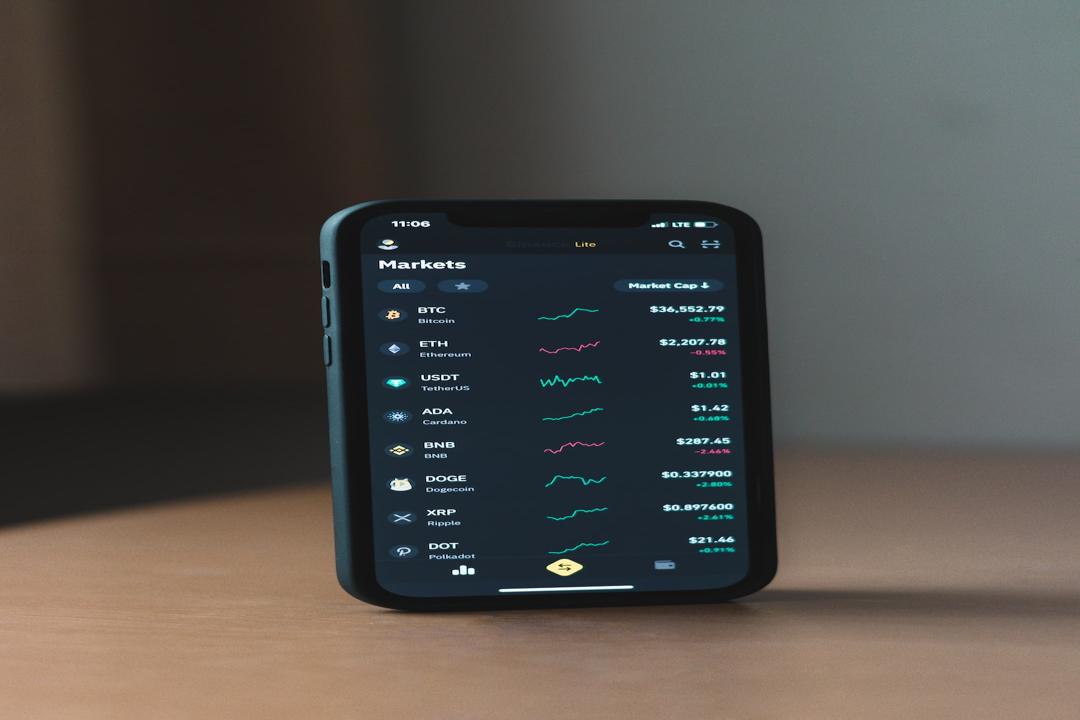Mastercard has published a comprehensive report on remittances in Latin America, highlighting that the region is experiencing faster growth in remittance rates compared to the global average. The report also predicts that the increasing penetration of mobile phones and the internet will drive a shift from cash to digital remittance options.
According to the report, as of 2022, approximately one in ten people worldwide resides in a household that receives remittances, amounting to a total value of $831 billion. The average cost of sending remittances to Latin America stands at 5.8% of the transferred amount, lower than the global average of 6.3%. However, costs can reach as high as 25.5% in certain cases, particularly in the most impoverished regions, as highlighted by Mastercard.
While competition in the remittance market is intensifying, with a potential impact on prices, the report also reveals that at least half of remittances are transmitted through informal channels, according to data from the World Bank.
The report identifies various current remittance options that collectively signify the emergence of a completely new landscape in global remittances. Currently, 43% of remittances in Latin America are received digitally, compared to the global average of 52%. It is projected that digital remittances will reach a value of $20 billion by 2026.
In the context of Latin America, Circle and SBI Holdings have partnered to enhance the circulation of USDC (USD Coin) in Japan. Additionally, MoneyGram and Stellar utilize USDC for remittance services, while SBI Remit does so through Ripple. Ripple is also at the forefront of developing promising use cases for central bank digital currency, alongside other more limited projects. Luther Maday, Head of Fintech Strategy and Innovation at MoneyGram, expressed his views on this matter in the report.
Furthermore, the Latin American crypto market features several other players, including Binance and Mastercard itself, in collaboration with wallet provider Belo. Nevertheless, the report highlights persistent challenges in the crypto field, such as issues related to trust, regulation, and technological adoption, which continue to impede the progress of crypto players and other service providers.
The report emphasizes that it is not sufficient for recipients to receive funds in an account, card, or wallet if they are unable to make digital payments when utilizing the money. It concludes that all remittance providers need to establish intelligent partnerships with diverse stakeholders to address these challenges effectively.

